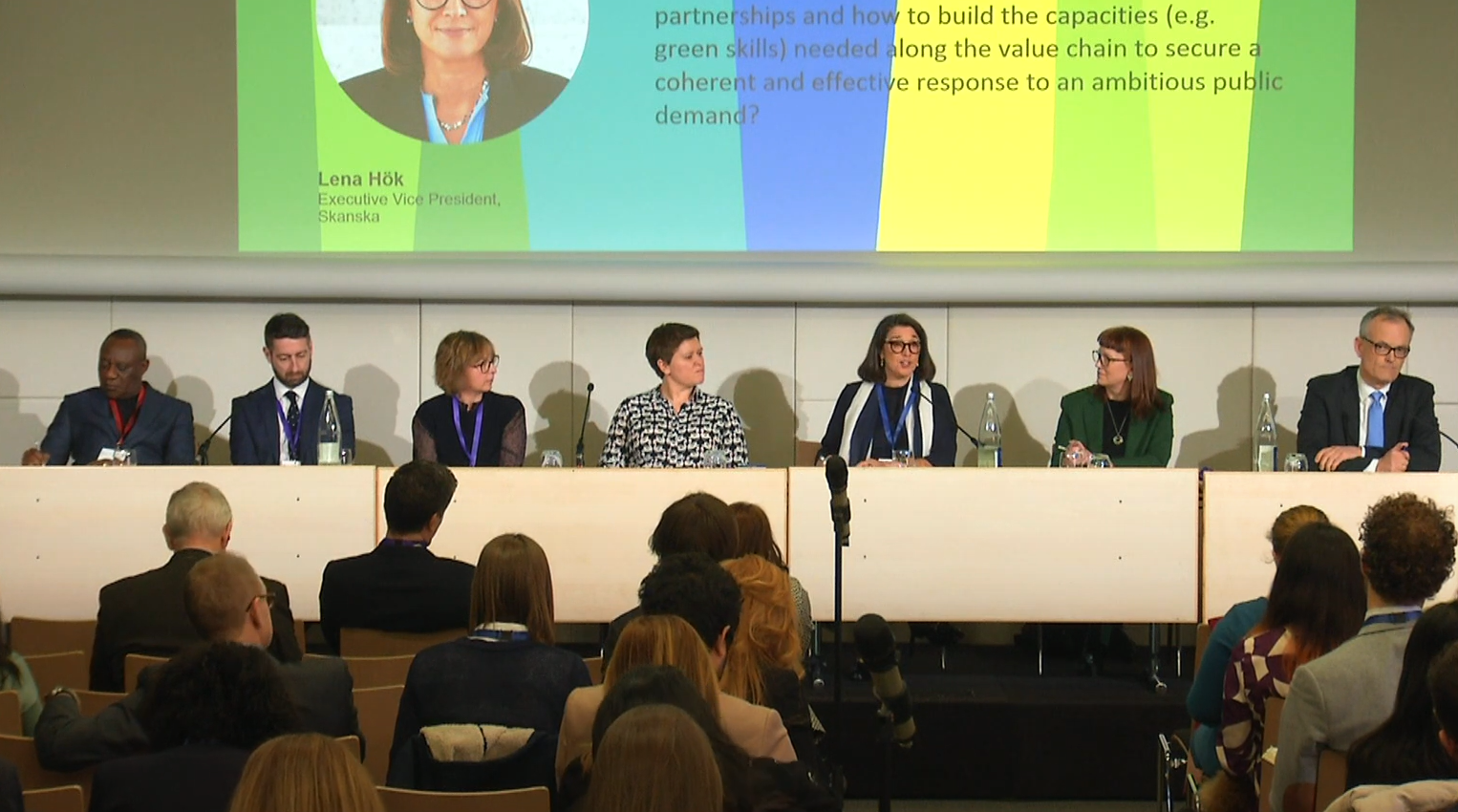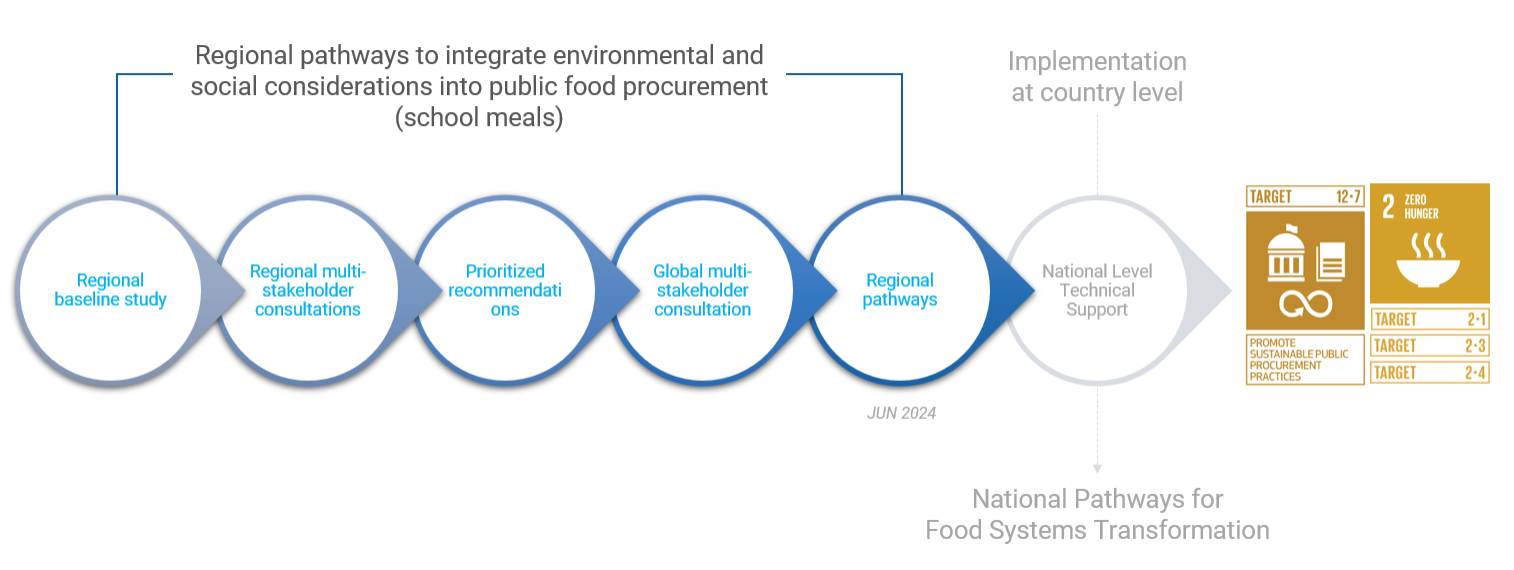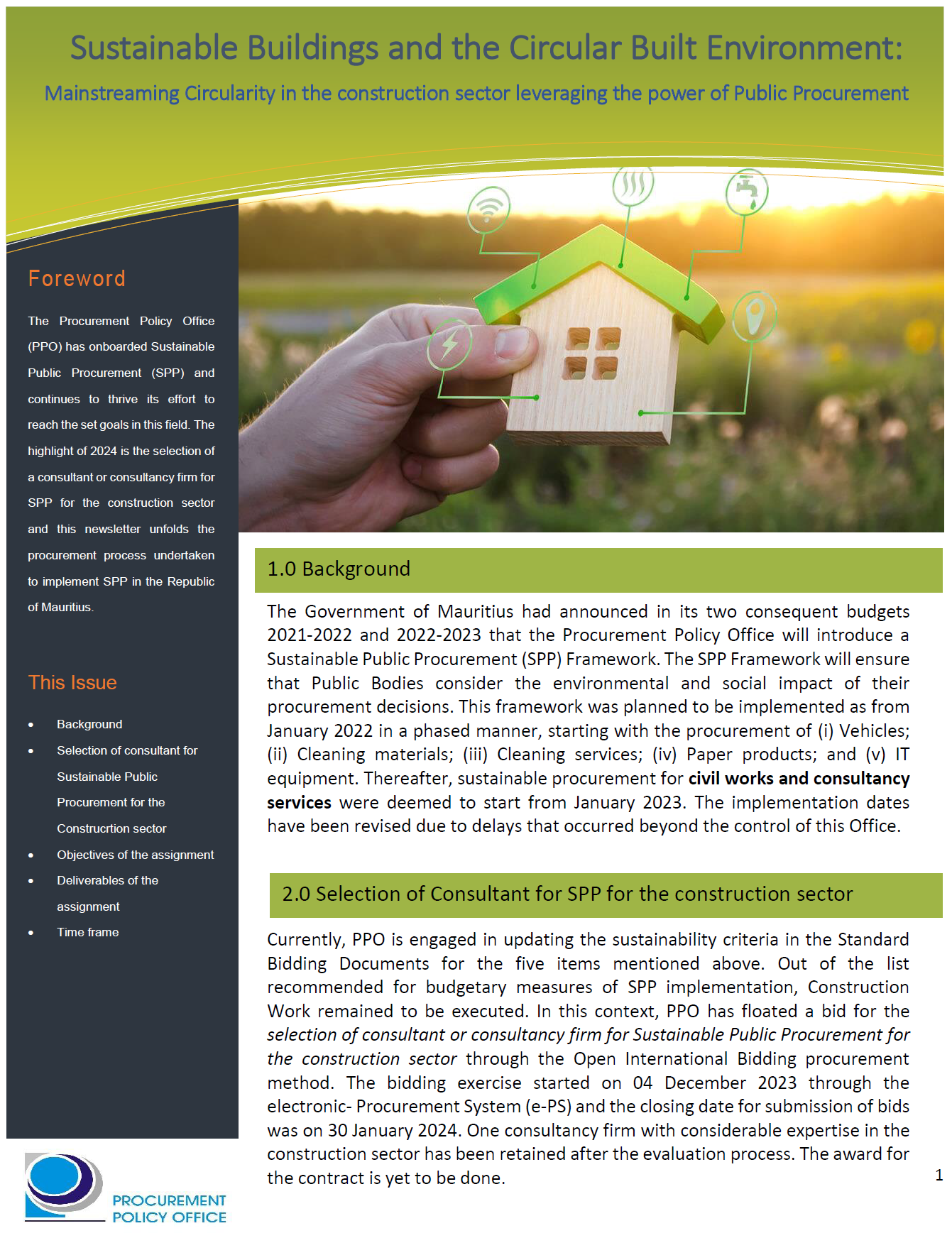Guidelines for Successful Communication Campaigns on Plastic Package Reduction
Conduct a global mapping of key communication campaigns and initiatives with the purpose of reducing plastic packaging (e.g., production, disposal, recyclability, alternatives, etc). Based on the mapping, perform an analysis on the effectiveness based on a clear methodology and define a set of recommendations on communicating effectively on plastic pollution.
This analysis was developed through a collaborative effort led by Stockholm Environment Institute (SEI) and the United Nations Environment Programme (UNEP). It contributes to the One Planet Network- Wide Plastics Initiative, as a contribution from the Sustainable Lifestyles and Education Programme. The problems related to our reliance on plastic are well known, ranging from particulate pollution to marine waste. This is why the One Planet Network has adopted plastics as its theme for 2020–2021, and the 4th UN Environment Assembly has passed Resolution 6 on marine litter and microplastics, calling on governments to deliver the “information tools and incentives to foster sustainable consumption and production.” In this mapping and review of scholarly articles, media reports and surveys of the public, emerges a number of recommendations that can be put to use by anyone creating a campaign concerned with plastic use. There are also recommendations for governments, businesses and individual consumers with the objective of changing the agenda on plastic use. use. To have real impact on plastic use, we need to see sustained, long-term efforts from governments, businesses and individual consumers and communities with changes in behaviour, policy and practice. This report, providing guidance in how to create campaigns to reduce plastic waste helps to make sure those efforts are properly directed. More information, including ways to participate, can be found at: www.oneplanetnetwork.org/ sustainable-lifestyles-and-education
External source(s)



